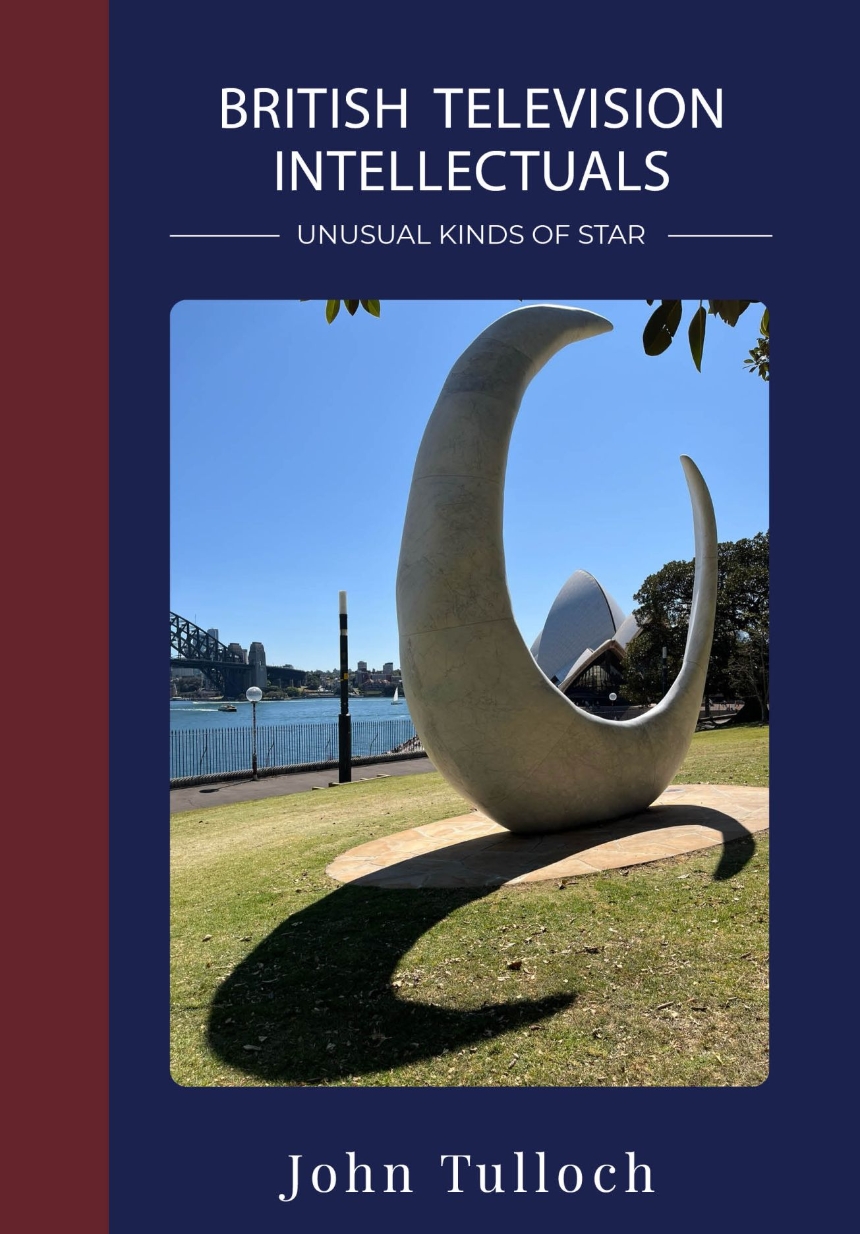Offering a pioneering exploration of one of Britain’s most significant yet often overlooked television phenomena, this book traces the rise and development of the TV intellectual as a distinct presence over the past sixty-five years. Situated within the framework of public intellectual theory, it explores several of Britain’s most notable and influential cultural figures, revealing how these unusual kinds of stars have combined creativity and intellect to engage wide international audiences.
At the heart of these intellectuals’ work lies a profound engagement with the concept of civilization—ranging from early concerns about its survival to critical reflections on colonialism and its legacies. The book shows how these influential figures, together with the television medium itself, have explored civilization in all its complexities, including thoughtful considerations of its future.
Blending historical analysis with cultural critique, this book will appeal to students and scholars in media and cultural studies, offering a compelling study of the intellectual and creative forces shaping British television across decades.
Table of Contents
Acknowledgements
Preface
Introduction. Being a television intellectual: An ‘unusual type of star’
1. Civilisation to Civilisations: Benchmark events
2. Jacob Bronowski’s The Ascent of Man: A feeling for language
3. Jonathan Miller’s Atheism: Irony and unshakeable disbelief
4. Marcus du Sautoy’s The Story of Maths: Solving problems as triumph and tragedy
5. Niall Ferguson’s The Ascent of Money: Landscapes of threat and opportunity
6. Simon Schama’s ‘The Two Winstons’ and ‘The Second Moment of Creation’: Then and now
7. Mary Beard’s Ultimate Rome: Legend as history, history as myth
8. Alice Roberts’ Digging for Britain and Pam Cox’s Servants: Reaching for the audience
9. David Olusoga’s ‘First Contact’ and ‘The Cult of Progress’: Imperial conquistadores or trading partners?
10. Janina Ramirez’s and Alastair Sooke’s ‘Beirut’: Barbarism, tourism and layered identity
11. Brian Cox: Seven Days on Mars: Expert identities
12. British television intellectuals: ‘A gateway to something else’
Coda. Tim Winton’s Ningaloo: ‘Resisting the false shape of closure’

